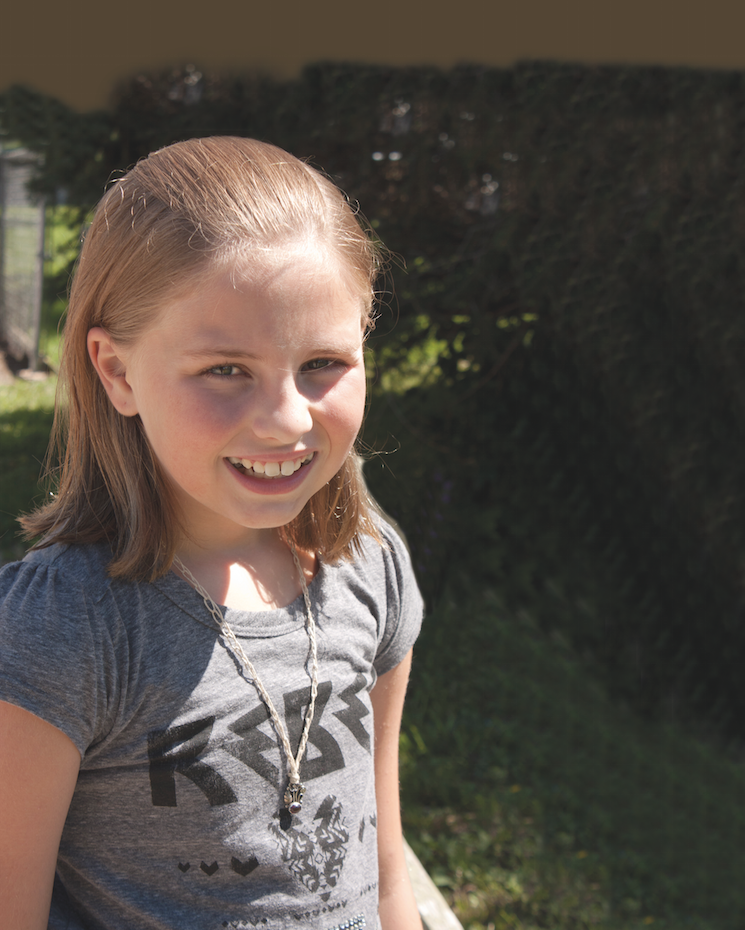When my middle child, Abby, was a toddler she was diagnosed with diabetes. Unlike a lot of parents, my husband, Scott and I knew exactly what this meant since he’s also diabetic.
And we were angry. We didn’t want this disease for our bubbly and busy toddler. It wasn’t the end of the world, it wasn’t something terminal, but it was life-altering.
Our normal family life, which already included diabetes, was replaced by a new normal that included finger pokes, shots, regular doctor appointments, and managing blood sugars for our child.
Abby, who is eleven now, is excited to be talking about her diabetes. “I want everyone to understand that diabetes is difficult, so when they meet someone with diabetes they might have more patience
for the things a diabetic has to do.”
Life for Abby is pretty normal. She has sleepovers, plays sports, rides her bike, attends dance, and is a very busy preteen.
But we won’t sugar coat the truth. As Abby says very bluntly, “It sucks because you have to have shots. You have to test your blood sugars, and you have to miss out on things while you take care of yourself.”


Abby stayed home with me when she was young, but as we prepared for entering kindergarten, we started communicating with the school staff about Abby’s needs.
For the most part things went great at school, but I think a lot of that had to do with the fact we had a supportive principal, excellent nurses that would advocate for her, and teachers that were willing to learn how to manage a diabetic child in their classrooms.
Abby has also learned how to be more vocal about her needs over the years. “One time when I was five or six I had a substitute teacher who wouldn’t let me go to the office even though I felt low,” Abby explains. “Now I make sure they let me go to the office.”
Abby’s best friend, Korryn Jackson, was also an unexpected support system at school, noticing when Abby was low even if Abby didn’t realize it and escorting her to the office when needed.
As a family, we try to be there for each other. But sometimes, it’s Dad who can offer the understanding she needs because “he knows a lot about it and he knows exactly how I feel when I’m frustrated with it,” says Abby.
She has support from her sisters, even her baby sister. “Ella pretends to have butt shots with me. She tries to test her fingers. And she gives me hugs after my shots especially if it hurts and I cry,” Abby says. “And my older sister, Anya, makes me test when she thinks I’m low or she gets me food. When we go to the swimming pool she makes sure I get a snack if I need it.”
Written by Christy Hammond

